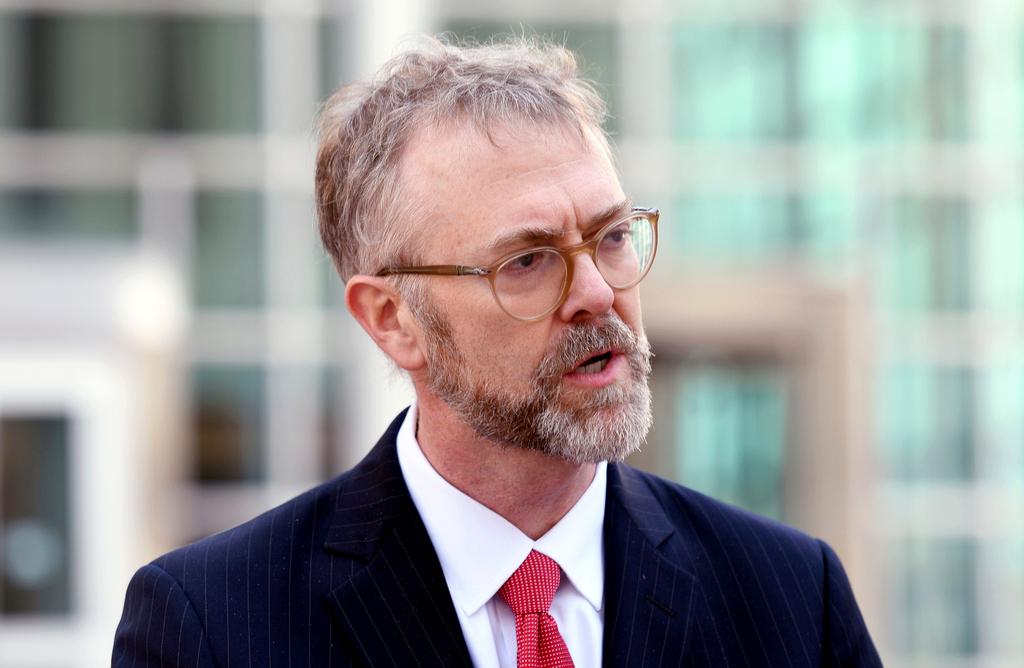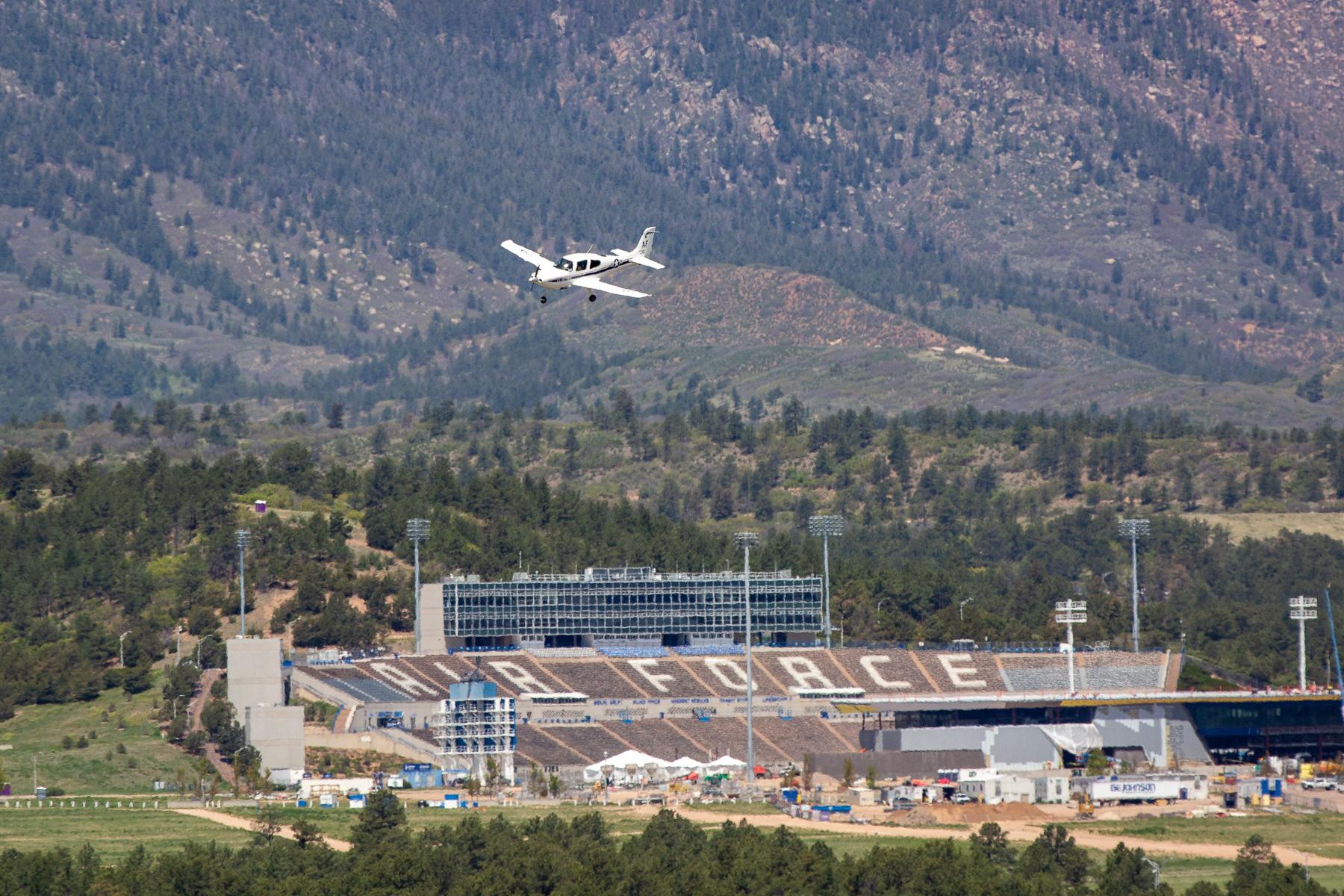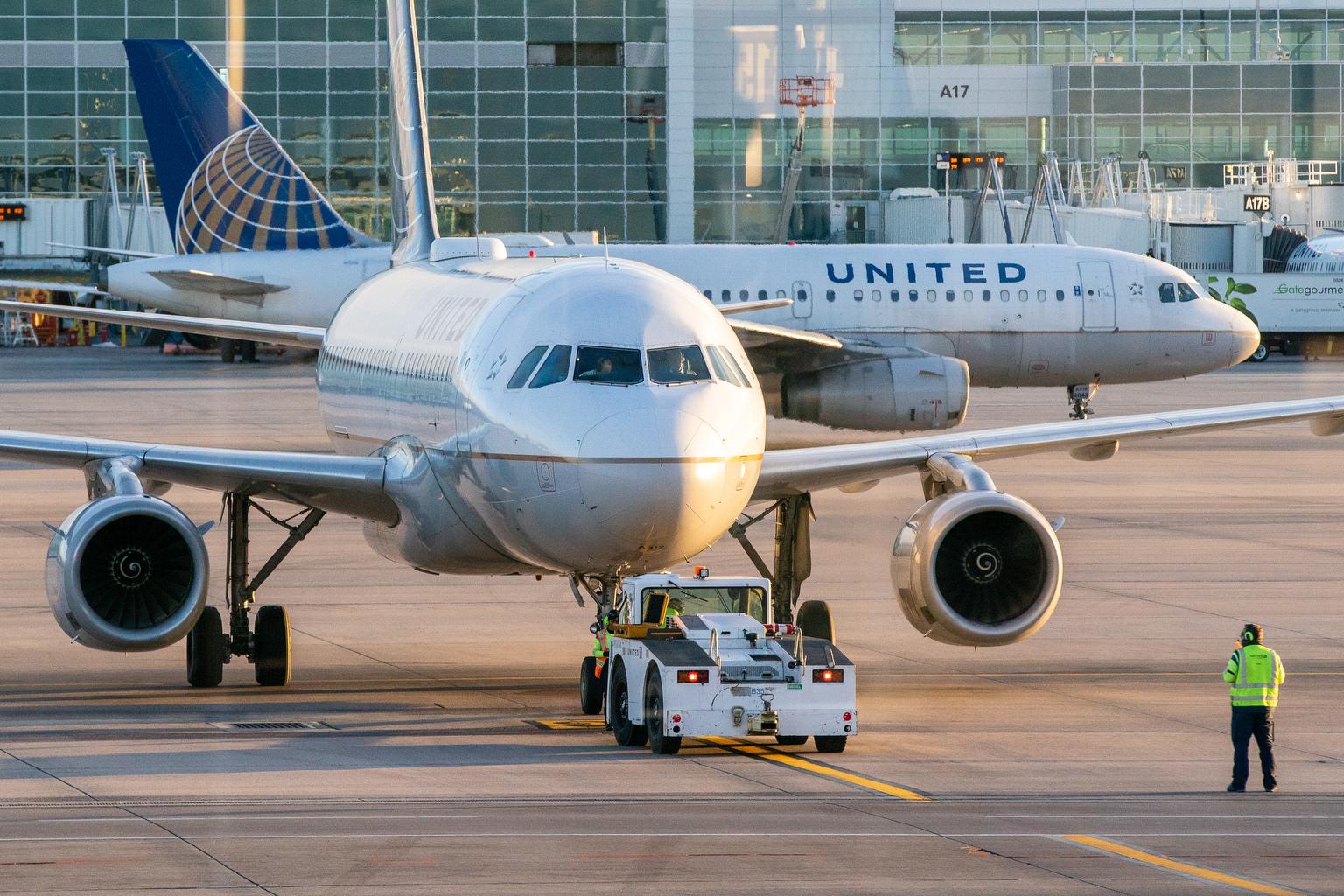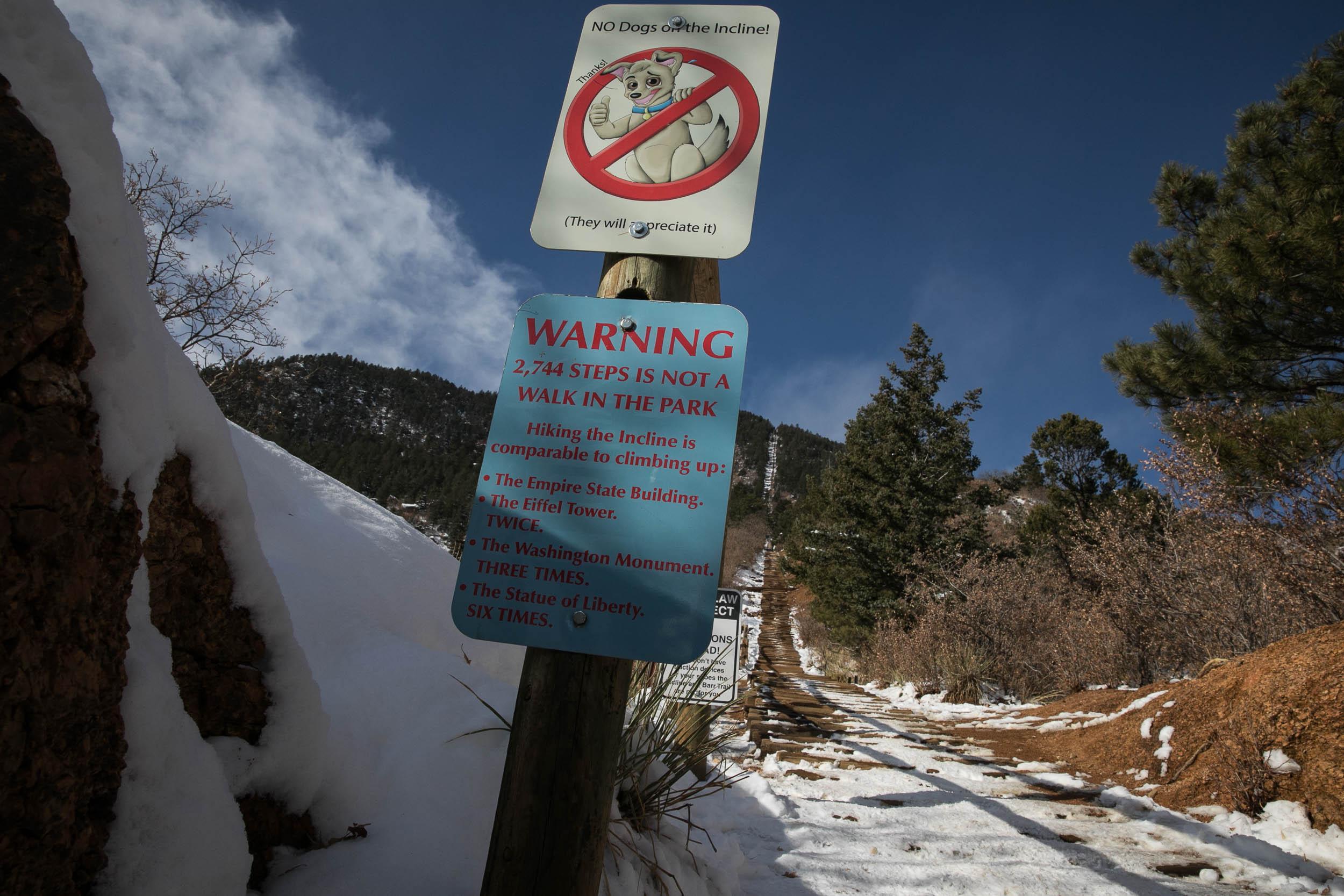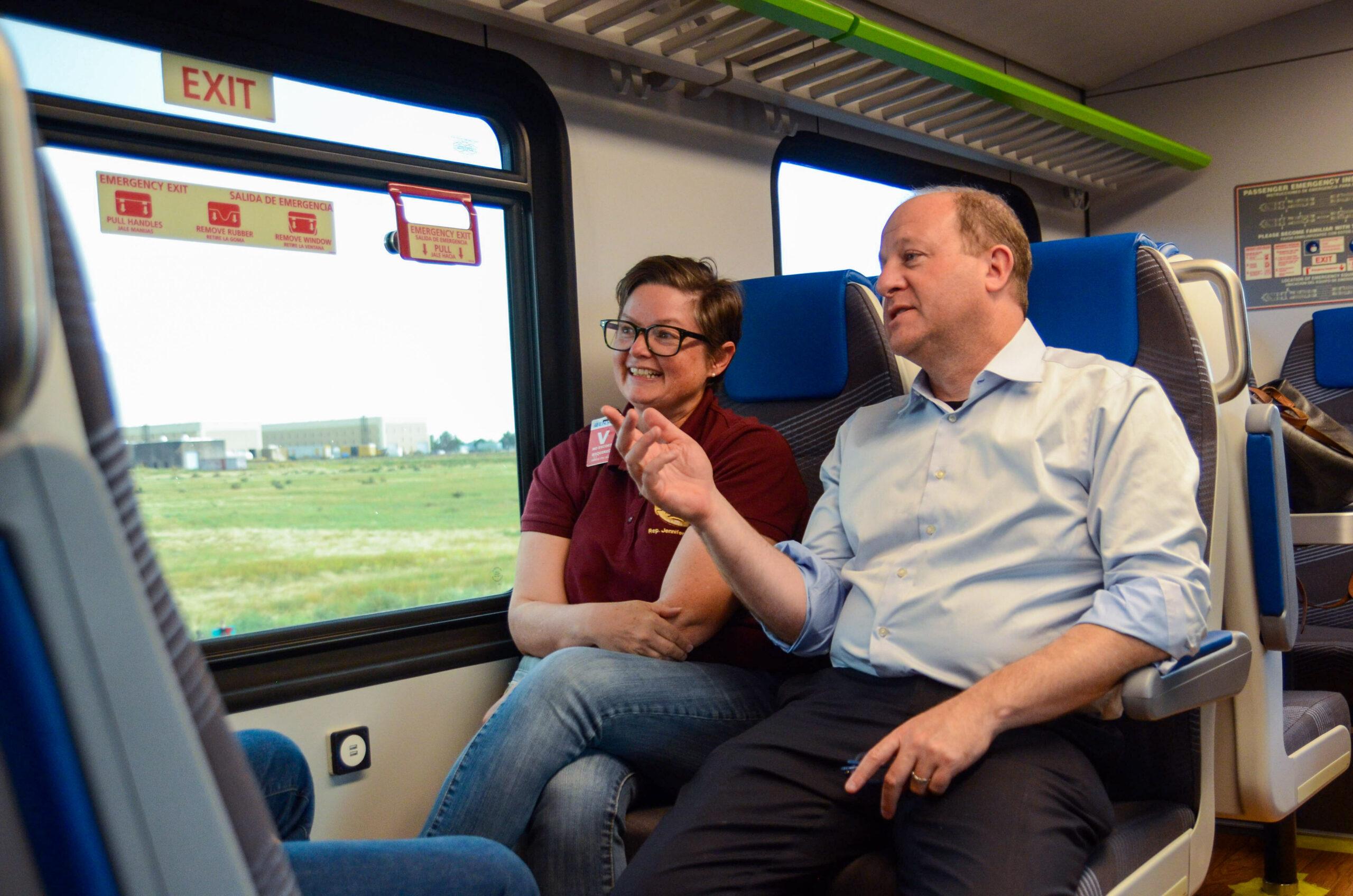
Leaders of the Front Range Passenger Rail district’s board of directors said Tuesday they want to pursue a funding ballot measure in 2026, not 2024.
Gov. Jared Polis has pressured the rail district to put a sales tax measure on the 2024 ballot that would help fund a new passenger rail line connecting Pueblo, Colorado Springs, Denver, Fort Collins, and smaller cities in between.
But members of the district’s board executive committee said that despite “sprinting like mad” in recent months, rail officials need more time to do planning and political outreach.
“The best course of action is to step into 2026 as the intent of the board to go to the voters with a more complete package,” board chair Chris Nevitt said during a meeting Tuesday.
Nevitt cited recent polling that showed strong public support for the project that early estimates say could cost anywhere from $2 billion for a starter service to $14 billion. But he added that some board members still had questions about whether voter enthusiasm would be strong enough to withstand an opposition campaign.
Asked for comment, a spokesperson for Gov. Jared Polis said, “The Governor and his team will assess the funding situation to determine next steps to get passenger rail successfully completed.”
It’s also possible that trains could roll before the district goes to the ballot, one member of the board’s executive committee said. Recently passed state laws will create new funding streams that could help pull down bigger federal dollars. If that happens, the district could pursue a ballot measure down the line — not to establish a rail line but to improve an existing one.
“It’s important to show the voters that it's a real deal,” Sal Pace, a member of the executive committee, said in an interview. “We think showing some progress will enhance our chances of success.”
The rail district’s full board of more than 20 could still decide at its May 31 meeting to pursue a 2024 ballot measure. But its leaders appear to be opposed to that. At least five of the eight members of the board’s executive committee said Tuesday that they support waiting until 2026 at the earliest.
“We are all trying to really get to the next level,” said Luis Lopez, who sits on the executive committee and is a Las Animas County commissioner. “But there are so many unknowns.”
The Colorado Department of Transportation is still working on a key planning document called a service development plan that will help firm up the project’s costs, routes and schedule. That report isn’t expected to be finished until sometime in 2025.
Other directors said they were worried that the 2024 ballot could be jammed with numerous tax-related measures that might erode support for a rail tax.
“In 2026, there might be an easier, cleaner slate on which the public can make a decision,” said Deborah Mulvey, a Castle Pines city councilor and Front Range rail executive committee member. “So I concur with not going forward at this juncture.”
“Emotions are too high right now to vote for this,” added Longmont Mayor Joan Peck, citing consternation she’s heard from local officials about a potential sales tax increase. Some of that worry can be traced to the Regional Transportation District’s 2004 FasTracks program that raised taxes to build rail — and is still not complete.

